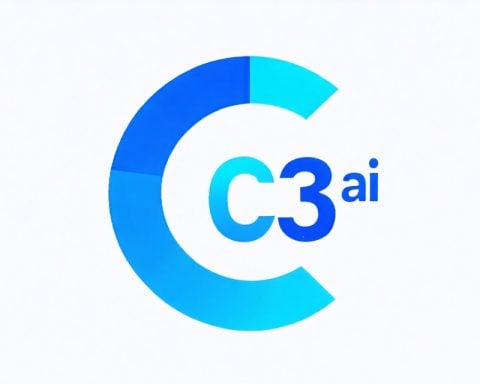2024 marks the dawn of the AI smartphone era, as tech companies race to integrate advanced AI technologies into mobile devices. Chip manufacturers are instrumental in enabling this revolution by developing AI-specific chips, while smartphone brands eagerly adopt AI capabilities, introducing cutting-edge models that showcase the technology’s transformative potential.
Amidst the surge of generative AI, smartphones—highly prevalent and equipped with robust computing capabilities—naturally emerge as ideal platforms for bringing AI innovations to consumers. Industry experts emphasize that smartphones are now the most suitable carriers for AI, fostering a seamless integration that propels AI technology into everyday life.
Major smartphone manufacturers have embraced slogans like “All in AI” and “Starting the Mobile AI Era,” reflecting their commitment to AI integration. Beyond hardware enhancements such as AI chips, companies are also investing in developing proprietary AI algorithms and applications. This diversification enables users to experience AI’s practicality firsthand in areas like voice assistance, smart translation, health management, and weather forecasting, which are focal points for many smartphone brands.
Rising interest in AI phones shows no signs of waning. Interestingly, early adopters include a dynamic group primarily hailing from urban centers, where fast-paced lifestyles increase the appeal of AI’s innovative features. High-income metropolises remain the predominant markets for AI smartphones, as residents are more open to new technologies and possess higher purchasing power.
In 2024, Huawei and Xiaomi emerge as market leaders, collectively dominating a significant portion of the AI smartphone segment. With brands fiercely competing, the AI smartphone landscape is poised for continued growth, indicating that future adoption rates may mirror the shift from keypad to touchscreen phones in the past.
The Untold Story of AI Smartphones: How They’re Reshaping Lives and Communities
The integration of artificial intelligence in smartphones is reshaping how we interact with technology, offering profound benefits and potential controversies that could impact individuals and societies alike.
How AI Smartphones Transform Daily Life
The advent of AI smartphones brings unprecedented changes to everyday tasks. Enhanced AI chips in these devices empower them to process massive amounts of data quickly, making functions like real-time language translation and personalized health tracking much more efficient and accessible. For example, AI-driven health management apps are now capable of monitoring users’ vitals continuously and providing tailored health advice, revolutionizing personal healthcare management.
Moreover, the AI-generated voice assistance feature extends beyond setting alarms and playing music. These intelligent assistants are becoming more conversational, offering users a much more natural interaction experience. This opens up a world of possibilities for improving accessibility for individuals with disabilities, providing tools and resources that enable greater independence.
Fascinating Facts and Controversies
AI smartphones are not just about convenience but also about personalization and security. In addition to streamlining tasks, AI capabilities allow phones to learn user habits, hence optimizing their functionalities to suit individual preferences. This means better battery life, faster app launches, and bespoke home screen experiences.
However, the rise of AI in smartphones is not without its controversies. There are growing privacy concerns around data collection and usage. With AI smartphones learning user behaviors, the storage and protection of sensitive data become critical issues that manufacturers must address transparently.
Furthermore, the societal implications of these advanced gadgets spark debates about the digital divide. Those in well-connected urban centers can afford and access these technologies more readily, potentially widening the gap between urban and rural areas in terms of technological and economic progress.
Advantages and Disadvantages
The advantages of AI smartphones are evident in increased efficiency, convenience, and connectivity. Enhanced AI features allow users to manage their lives more seamlessly, translating to time savings and improved productivity. Moreover, they offer enhanced security measures, with intelligent algorithms for fraud detection and facial recognition technology.
Conversely, the technological surge involves notable disadvantages. The dependence on AI systems for crucial decision-making might lead to over-reliance, posing risks if systems fail or make errors. Additionally, the cost of new AI smartphones remains prohibitive for many, potentially exacerbating economic inequalities.
Key Questions Answered
One common question is whether AI smartphones will replace human jobs. While AI can automate certain tasks, such as customer service or data analysis, it is also creating new job opportunities in AI development, software engineering, and tech support.
Another concern is the ethical use of AI technology. As smartphones become more intertwined with daily life, establishing ethical standards for AI usage and development is imperative to ensure that technology works for human benefit rather than detriment.
For those interested in learning more about AI and its impact on society, platforms such as the World Economic Forum and IEEE provide valuable insights into this rapidly evolving field.























